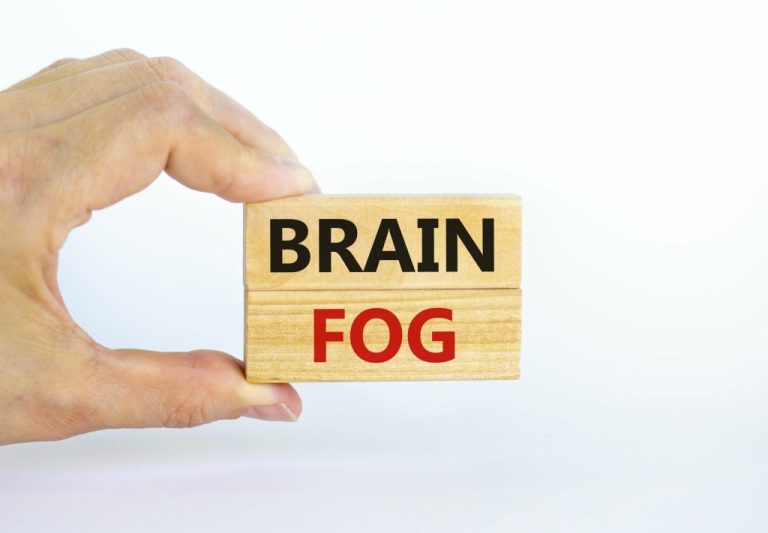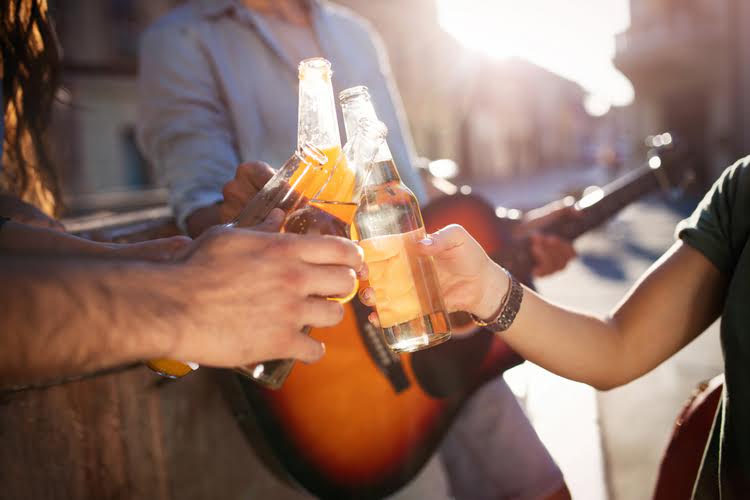Moderation Management (MM) is very different than many other recovery and support groups in that it doesn’t require complete abstinence to be a member. Instead, MM focuses on helping people to manage problematic drinking and behaviors that are destructive, aiding in encouraging positive lifestyle changes. MM is a peer-support program that acknowledges that behaviors are changeable, and that alcohol abuse (which differs from dependence) is a habit that can be altered. Secular Organizations for Sobriety is not one specific program but rather a collection of programs that are autonomous from each other. SOS provides individuals with alternatives to spirituality-based recovery programs.


One way to do this is to practice mindfulness, which can help you stay present and aware of your thoughts and feelings. Its program is based on the principles of Sobriety, personal responsibility, and self-improvement. SOS also offers face-to-face and online meetings, as well as a forum where members can connect and support each other. There are many reasons why someone may choose to stay sober without AA.
Refuge Recovery
Quitting on your own is a complicated process, and people often have greater success with some kind of coaching, support group, or medication to help things go more smoothly. Try setting non-drinking days, keeping a diary of how much you consume, or even getting your own digital breathalyzer to help you track how much you’ve been drinking. You may bump into an old acquaintance who offers you drugs, or you might find a baggie of something in an old coat pocket. If you think you might see someone you used to use with, have a line rehearsed about why you do not want to use anymore.
Many people struggle with alcohol cravings for months or even years after quitting, and there are many pitfalls to overcome, including post-acute withdrawal syndrome. Ultimately, finding some kind of support group or coaching program can make it much easier, and much less stressful, to stay sober long-term. Know what your drinking triggers are, and avoid them for a period of time. Spend time coming up with some coping strategies for alcohol cravings, and self-care ideas for days when you feel depressed or uneasy. Write down some reminders and work some rituals into your day that let you touch base with yourself. There are many options for treating alcohol misuse, dependence, or addiction.
How To Quit Drinking Safely
John C. Umhau, MD, MPH, CPE is board-certified in addiction medicine and preventative medicine. For over 20 years Dr. Umhau was a senior clinical investigator at the National Institute on Alcohol Abuse how to stay sober without aa and Alcoholism of the National Institutes of Health (NIH). All of these and more are legitimate reasons to look for an AA alternative. And fortunately, there are many other effective choices out there.


HAMS stands for Harm Reduction, Abstinence, and Moderation Support. As the name suggests, the organization doesn’t dictate either abstinence or moderation, it simply encourages people to be safe and responsible in their attitudes to alcohol. It does this through a book, online community resources, live meetings, and its “17 elements”—recommendations that can be completed in any order, none of which is compulsory. Elements include charting your drinking behavior and learning to have fun without booze. In the absence of alcohol, developing healthy coping mechanisms is essential for effectively managing stress and emotions.
